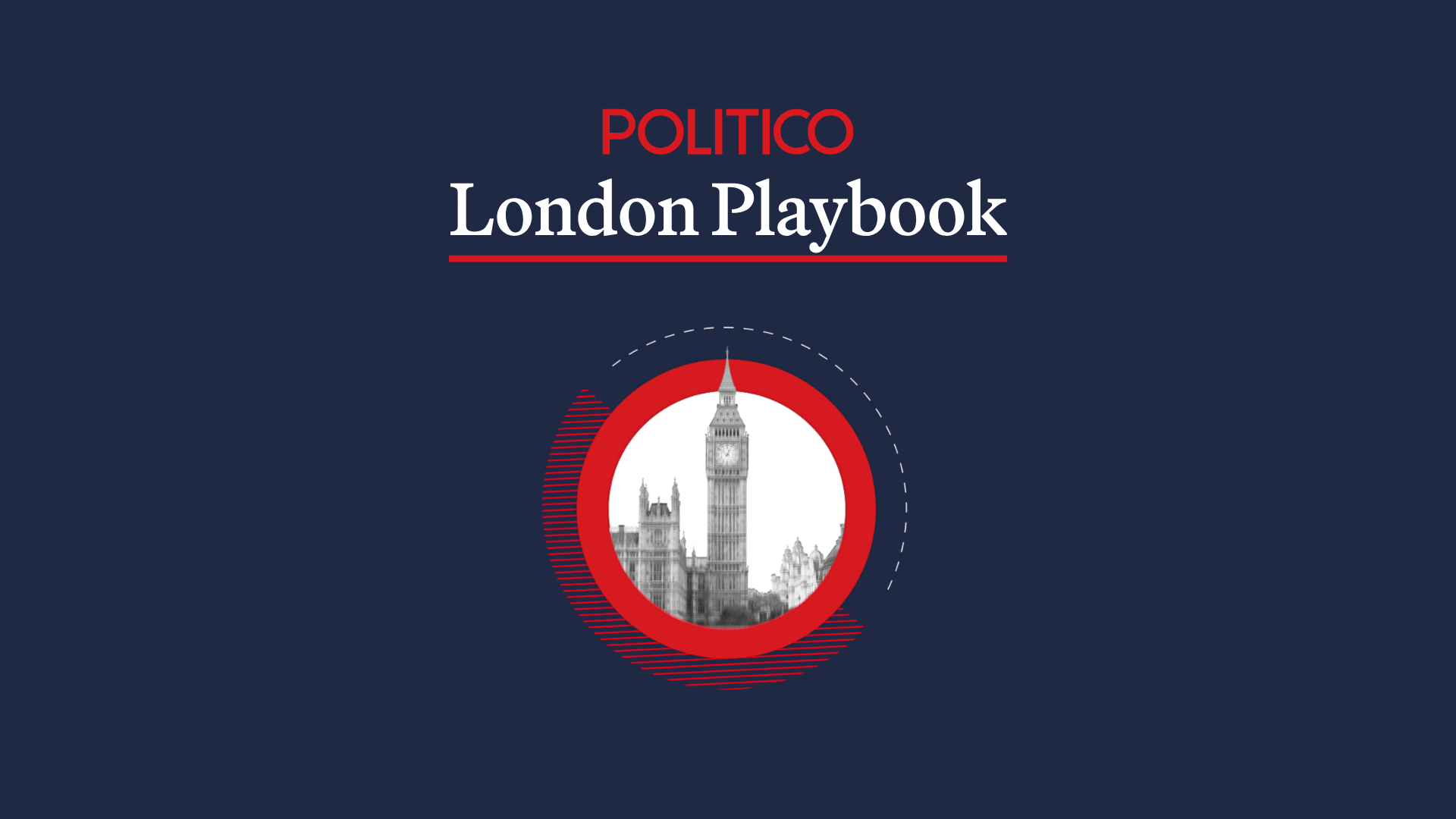Politics
Keir Starmer Faces Challenges as Parliament Breaks for Summer

As the House of Commons prepares for its summer recess, Keir Starmer will hold his final Cabinet meeting of the parliamentary year today, marking a pivotal moment for the Labour Party leader. With the end of the session approaching, Starmer’s government is under scrutiny for its performance, particularly in light of the recent challenges faced during his first year in office.
Today, the government is focusing on two significant issues: the announcement of new sanctions targeting people smugglers and ongoing efforts to reform water regulations under Environment Secretary Steve Reed. The sanctions, set to be implemented tomorrow, will freeze the assets of individuals involved in human trafficking and illegal migration, alongside travel bans to the United Kingdom. Foreign Secretary David Lammy stated that these measures aim to disrupt operations that facilitate illegal crossings.
Starmer’s Leadership Tested
While Starmer’s leadership has been characterized by a commitment to addressing pressing societal issues, he faces mounting pressure from within his party. Newer MPs have expressed frustration regarding the lack of a clear mission or purpose that resonates with the public. One MP noted, “People want him to succeed — they like him, but they need a mission or purpose that can be easily sold to the public.” This sentiment reflects a broader concern that the party must connect more effectively with voters.
Amidst these internal challenges, loyalist MPs have urged their colleagues to remain steadfast and show confidence in the government’s agenda. There is a clear desire for action, with calls for the leadership to assert its authority and push forward with its policies. “I want the government to remember they are the government and they can do things,” one MP remarked, emphasizing the need for a more proactive approach.
Political Landscape Shifts
As Labour navigates its internal dynamics, the opposition is also making moves. Kemi Badenoch has initiated a shadow Cabinet reshuffle, bringing James Cleverly back to a prominent role. This reshuffle is seen as a strategic response to the changing political landscape, signaling a desire for renewed unity and purpose within the Conservative Party.
Meanwhile, Nigel Farage is set to hold a press conference in Wales, where his party, Reform UK, is positioning itself to capitalize on dissatisfaction with the current government’s handling of law and order. With looming elections, Farage’s focus on crime is causing unease within Labour, particularly as some MPs fear this could overshadow their own messaging over the summer recess.
The backdrop to this political activity includes rising tensions around migration and public protests, particularly in areas like Epping Forest. Local leaders have described the situation as a “powder keg,” raising concerns about potential unrest as the government grapples with these pressing issues.
As MPs head back to their constituencies for the summer, they are acutely aware of the challenges that lie ahead. With the political landscape evolving rapidly and public sentiment shifting, both Labour and the Conservatives will need to remain vigilant to navigate the complexities of the coming months.
In light of these developments, Starmer’s leadership and the Labour Party’s direction will be under close observation as the summer unfolds. The ability to effectively communicate a clear and compelling narrative will be crucial if Labour aims to retain voter support and respond to the actions of its rivals.
-

 Top Stories3 months ago
Top Stories3 months agoTributes Surge for 9-Year-Old Leon Briody After Cancer Battle
-

 Entertainment4 months ago
Entertainment4 months agoAimee Osbourne Joins Family for Emotional Tribute to Ozzy
-

 Politics4 months ago
Politics4 months agoDanny Healy-Rae Considers Complaint After Altercation with Garda
-

 Top Stories4 months ago
Top Stories4 months agoIreland Enjoys Summer Heat as Hurricane Erin Approaches Atlantic
-

 World5 months ago
World5 months agoHawaii Commemorates 80 Years Since Hiroshima Bombing with Ceremony
-

 Top Stories3 months ago
Top Stories3 months agoNewcastle West Woman Patricia Foley Found Safe After Urgent Search
-

 Top Stories5 months ago
Top Stories5 months agoFianna Fáil TDs Urgently Consider Maire Geoghegan-Quinn for Presidency
-

 World5 months ago
World5 months agoCouple Convicted of Murdering Two-Year-Old Grandson in Wales
-

 World5 months ago
World5 months agoGaza Aid Distribution Tragedy: 20 Killed Amid Ongoing Violence
-

 World5 months ago
World5 months agoAristocrat Constance Marten and Partner Convicted of Infant Murder
-

 Top Stories4 months ago
Top Stories4 months agoClimbing Errigal: A Must-Do Summer Adventure in Donegal
-

 Top Stories4 months ago
Top Stories4 months agoHike Donegal’s Errigal Mountain NOW for Unforgettable Summer Views









